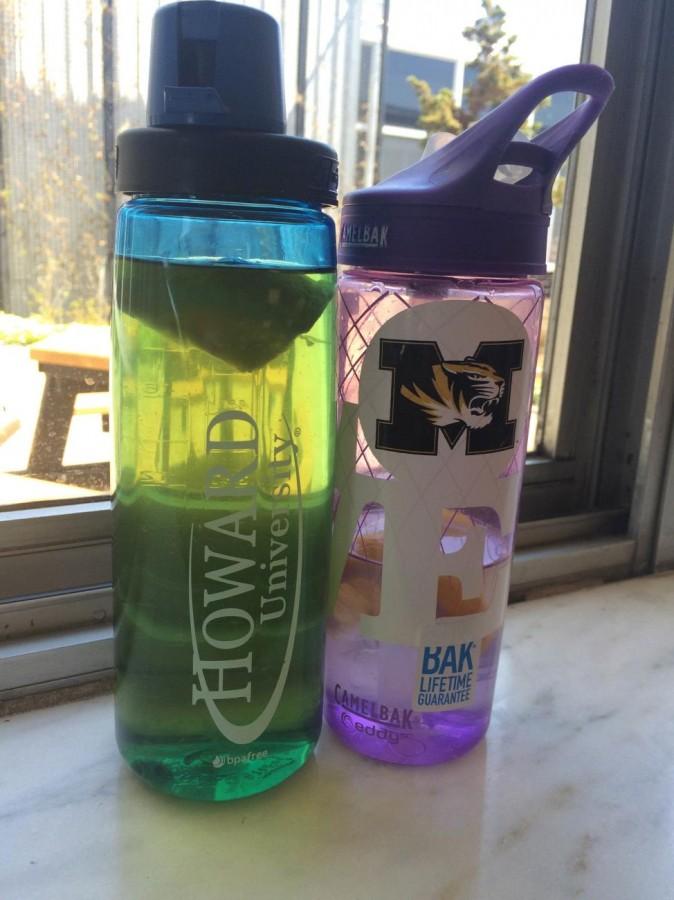Separate but equal college educations
As both a senior in high school and a black woman, choosing what college I will attend in the fall is a big decision. While having discussions with my peers and perusing my twitter feed, I’ve started to see a pattern. Many black youths are either in favor of HBCUs (historically black colleges or universities), or they find them to be unnecessary. The latter comment that a better education could be obtained at a PWI (predominantly white institution).
At a young age, I was fully aware of what an HBCU was and what it stood for, as both of my parents graduated from one. At an HBCU, young blacks from all around the globe have the opportunity to better themselves with a higher education without having to worry about many of the obstacles that they may face at a PWI.
HBCUs have played a vital role in the education of minorities since the 1800s, a time period in which it was illegal for people of color to read or write, let alone get a higher education. Lately, students who attend HBCUs have been under scrutiny because some believe an education at an HBCU is not worth as much as one from a PWI. However, rather than contrasting the two one should recognize the common goal that these institutions share: educating today’s youth.
One of the most common misconceptions about HBCUs is that the education and grades earned there are not equal to those earned at PWIs. An education should not be discredited solely because some consider the institution “inferior” to a PWI. According to The Association of American Medical Colleges, HBCUs are considered to be the top providers of black students applying to medical school. The universities listed include Hampton University, Spelman, and Howard as top contributors; Xavier University was named the number one producer of African Americans with medical degrees. If HBCU students are being accepted into medical schools, they are obviously receiving an education which qualifies them for these programs.
Another false assumption is that HBCUs lack diversity. Diversity is so much more than black and white. Diversity can range from sexual orientation to economic status. According to Forbes, Howard University in Washington, D.C. has a 93 percent African American enrollment. Although black students are the majority at the university, there are still other ethnicities represented at the institution. The remaining 7 percent includes a melting pot of ethnicities; the entire student body is diverse by virtue of varied personalities and perspectives.
Senior Taylor Hutson had to make a decision between attending a PWI, The New School, and an HBCU, Howard University. Hutson’s final decision ended up being Howard University because she wanted the HBCU experience.
“I chose Howard over a PWI because I wanted to learn about my culture beyond what would be typically taught, “ said Hutson. “I wanted to go to a school where everyone strives for the common goal to obtain black excellence”.
HBCUs are necessary in this day and age simply because they can give young blacks the confidence needed to enter the workforce. Despite popular belief, going to an HBCU is in fact still the “real world”. In fact, HBCUs offer the chance to live in a world with equal opportunity where graduates have a clear voice. A diploma from an HBCU holds just as much significance as one from a PWI. The negative connotation of HBCUs should be diminished, and all education should be seen as equal.
Although I made the decision to attend a PWI, I still would love to have the opportunity to attend an HBCU. It was a difficult decision for me to make due to the fact that I am such a big advocate for HBCUs. However, I am confident that both myself and my peers who chose to go to HBCUs will be able to all obtain great educations.

